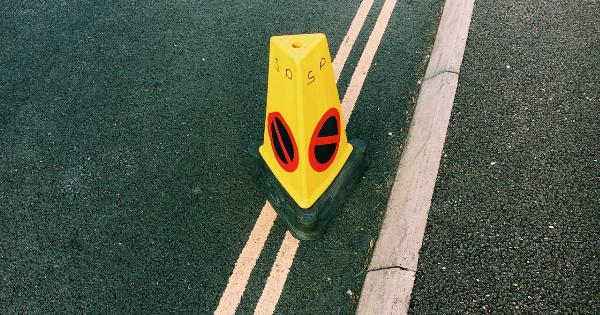Calcium is an essential mineral that plays a vital role in our body. It helps in bone formation, teeth development, muscle contraction, and nerve function. If you don’t get enough calcium in your diet, you may experience calcium deficiency symptoms.
These symptoms can be mild or severe, depending on the degree of the deficiency.
If you’re not sure whether you’re getting enough calcium, take this quick 3-question test to find out:.
Question 1: Are You Getting Enough Calcium in Your Diet?
The first question to ask yourself is whether you’re getting enough calcium in your diet. Calcium-rich foods include dairy products, leafy green vegetables, tofu, almonds, and fortified foods.
The recommended daily intake of calcium is 1,000 milligrams for adults aged between 19 to 50 years old and 1,200 milligrams for adults over the age of 50.
If you don’t consume enough of these calcium-rich foods, you may be at risk of developing calcium deficiency.
Additionally, certain medical conditions such as celiac disease, lactose intolerance, and kidney disorders can also affect your ability to absorb calcium from food.
Question 2: Do You Experience Muscle Cramps or Spasms?
Muscle cramps or spasms are a common symptom of calcium deficiency. Calcium is essential in muscle contraction, and without it, your muscles may not work properly. You may experience muscle cramps or spasms, especially at night.
If you wake up to a charley horse in the middle of the night, it may be a sign that your body needs more calcium.
Question 3: Have You Noticed Any Changes in Your Nails or Teeth?
Calcium is vital for healthy teeth and nails. If you’re deficient in calcium, you may notice changes in your nails, such as brittle nails or ridges. You may also experience tooth decay or gum disease.
If you’re experiencing any of these symptoms, it’s essential to speak to your healthcare provider. They may recommend calcium supplements or changes to your diet to help ensure that you’re getting enough calcium.
The Result: How Did You Do?
If you answered “no” to the first question, it may be time to evaluate your diet and make changes to ensure that you’re getting enough calcium.
If you answered “yes” but are still experiencing symptoms, speak to your healthcare provider to see if calcium supplements or a different form of calcium may be recommended.
Remember, calcium deficiency can lead to serious health problems, such as osteoporosis.
It’s essential to ensure that you’re getting an adequate amount of calcium to maintain your health and prevent any complications that may arise from calcium deficiency.
Conclusion
If you’re experiencing any of the symptoms of calcium deficiency, it’s important to take action. Make sure you’re eating a balanced diet rich in calcium and speak to your healthcare provider if needed.
By doing so, you can help ensure that your body is getting the calcium it needs to function correctly.





























